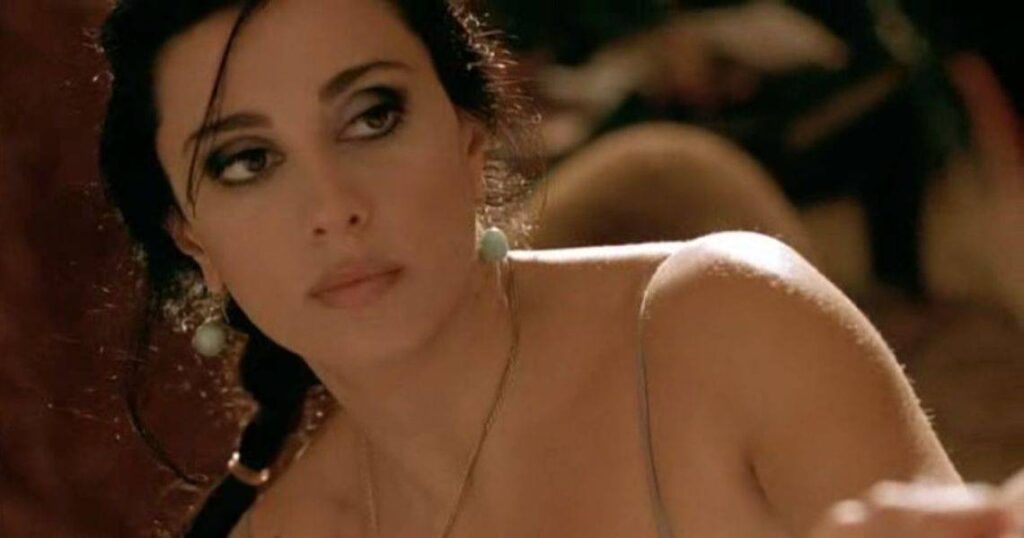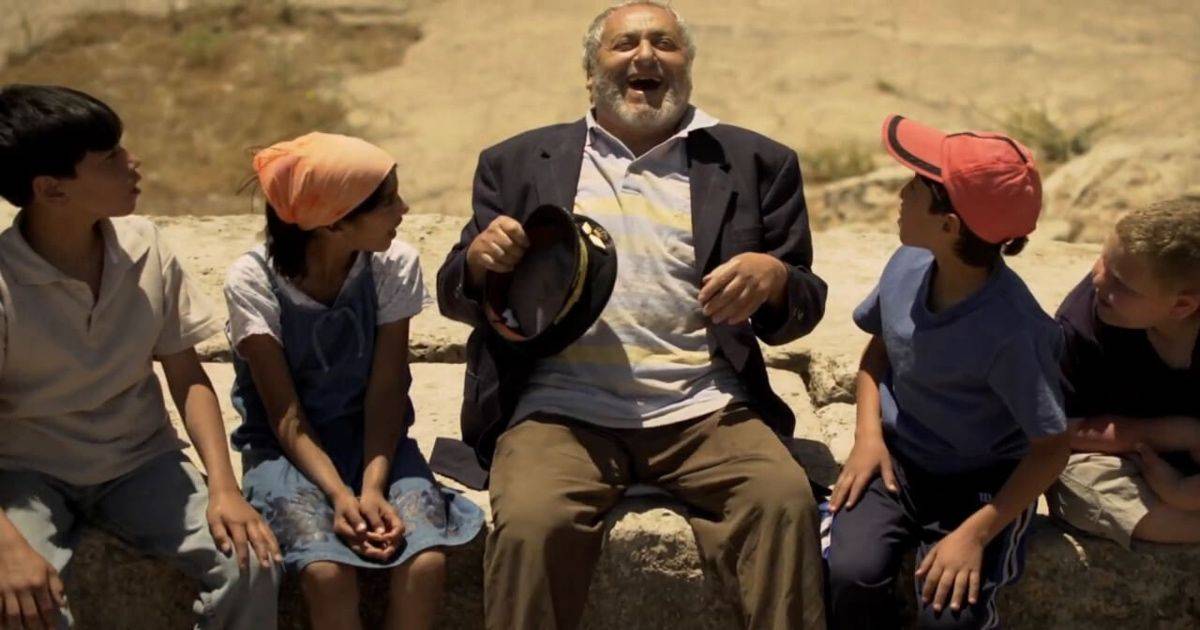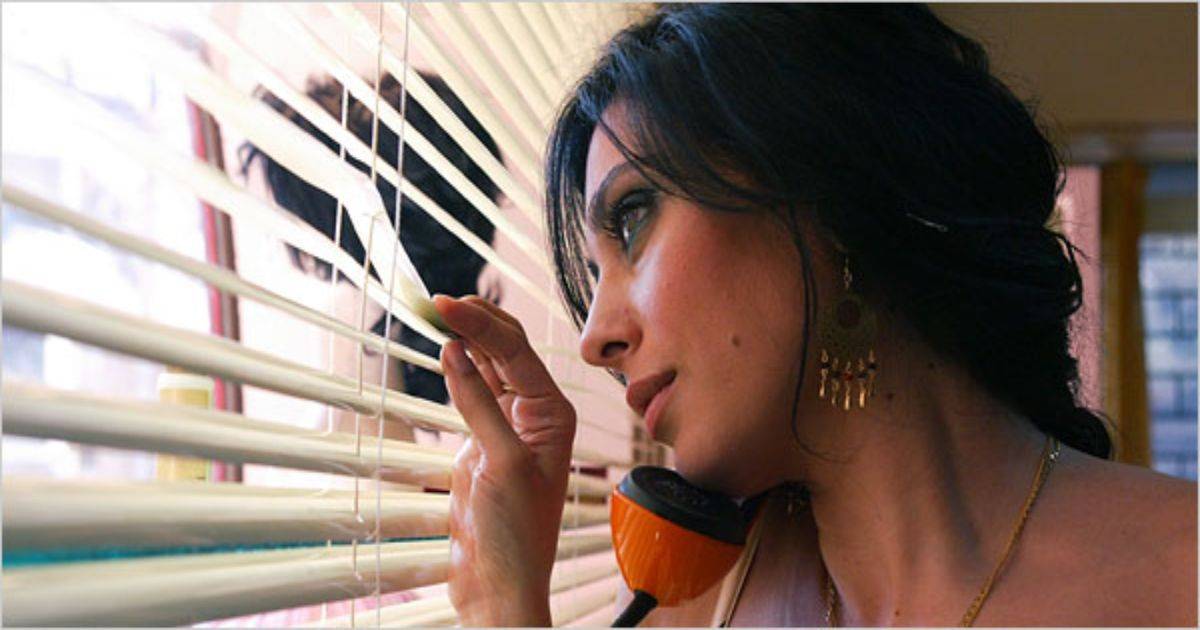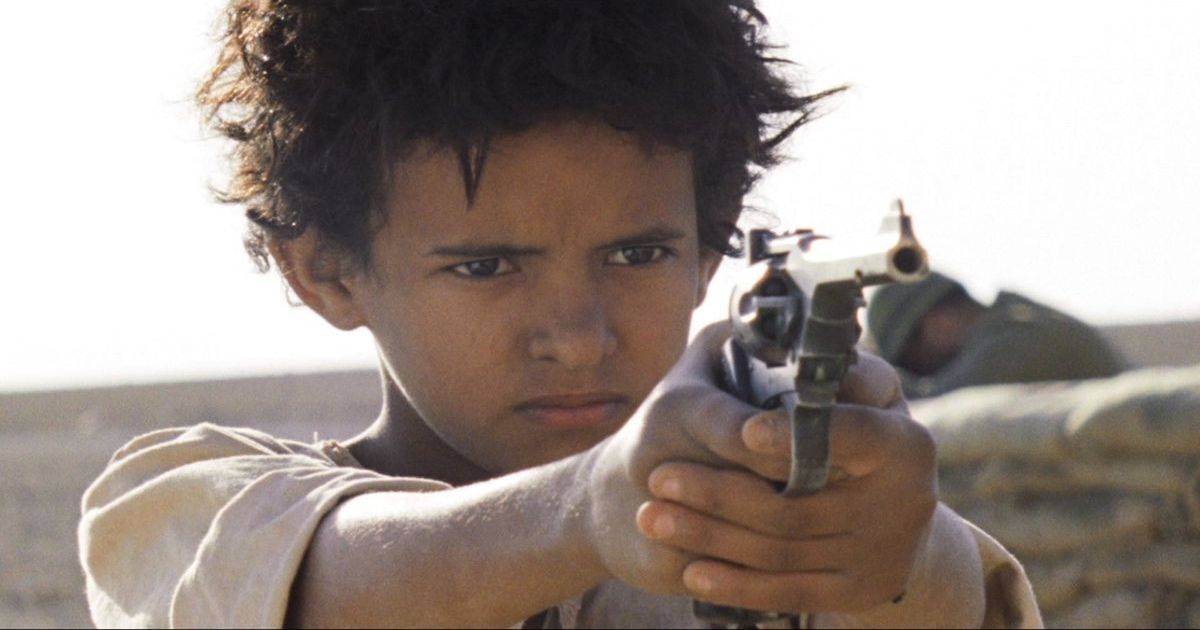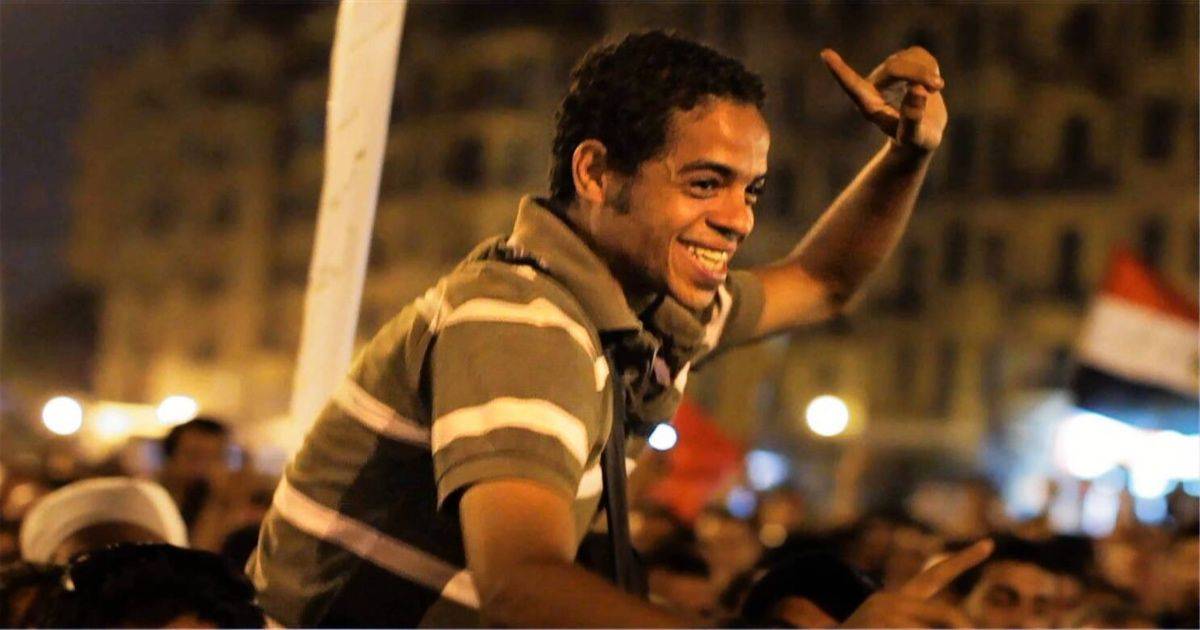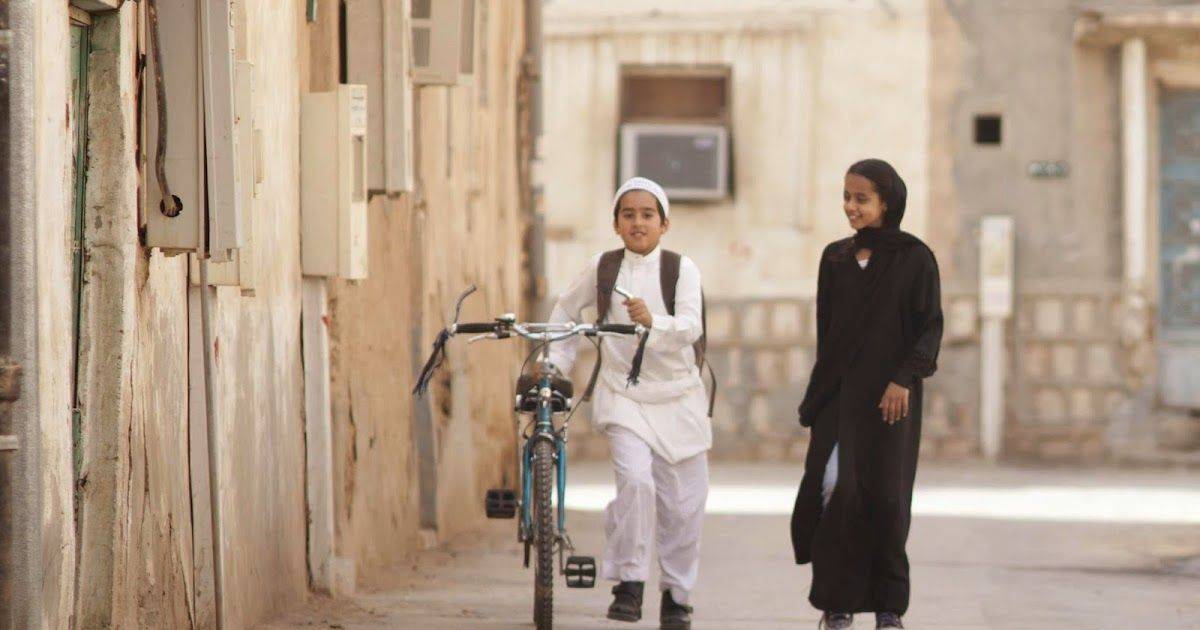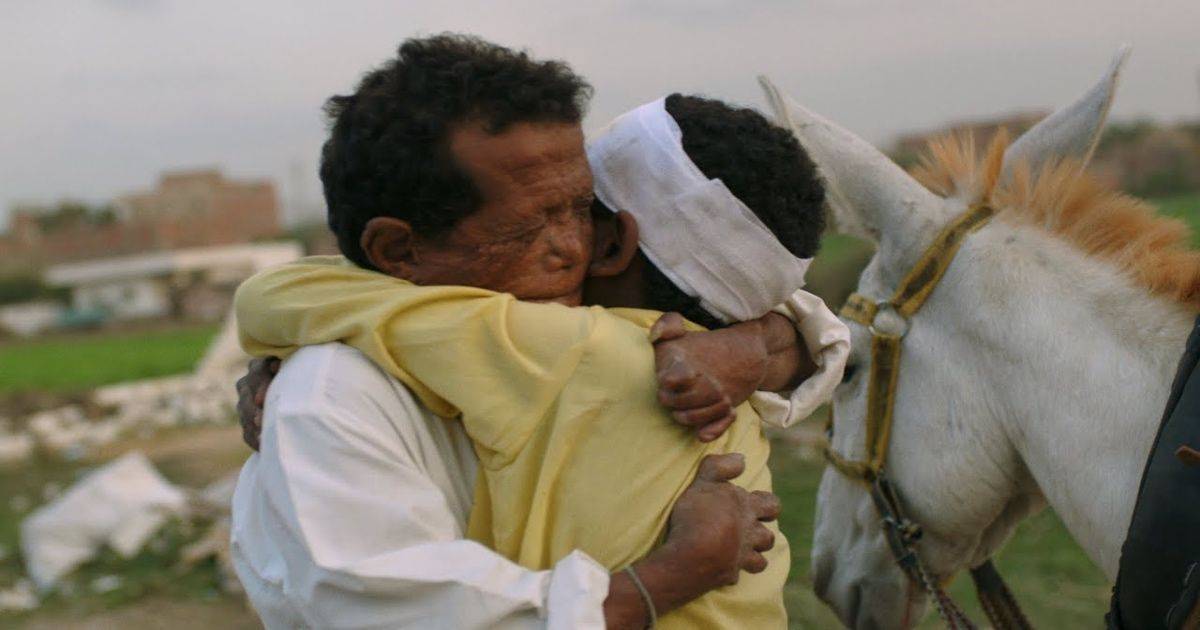Unfortunately, there are times when Arabic films are overlooked, yet there are always some hidden gems. They frequently give films a very distinct atmosphere, introducing fresh viewpoints and assisting the audience in empathising with various stories. The Arab world is far from ideal; it suffers from political oppression, harsh gender discrimination, poverty, and corruption. Seeing these stories depicted on screen is eye-opening (and occasionally politically risky), but the Arab world is far from flawless. However, these films aren’t simply about challenges; they give life and evoke emotions. Every time you watch an impactful movie, you leave changed, which is a wonderful thing. You should see some of these top Arabic films.
Captain Abu Raed
Amin Matalqa’s Captain Abu Raed is a gorgeous celebration of Jordanian filmmaking and a really inspirational movie. It chronicles the life of Raed, an airport caretaker who has always yearned to travel and discover the globe. However, he couldn’t afford the luxury of travelling.The kids believe he is a pilot and regard him as a ray of hope when he wears a pilot’s cap they found in the trash one day. The children of his district are eagerly waiting to hear about his magnificent adventures of the outside world through the eyes of someone they know because his neighbourhood is full of poverty, hopes, and ambitions.
He understands that, given the challenging reality they are facing, making up stories can benefit his neighbourhood. Abu Raed demonstrates via his anecdotes that he is everything but a simple man, with depth and a priceless perspective on life. The movie is poignant because it demonstrates how admirable a disposition can be regardless of one’s circumstances, which is a valuable lesson in life. It takes you on a lovely tour of Amman’s streets; the film is made all the more humane and moving by the children and by the city’s ugly and beautiful people.
Caramel
A charming movie called Caramel follows the lives of five Lebanese women who reside and work in Beirut. The banter between the four of them at the beauty salon where they all work adds humour and excitement. The last one looks after her older sister while working as a seamstress. Despite the differences in their individual situations, all the women share the same goals in life: finding love, companionship, friendship, and fulfilment. What makes Caramel unique is that it gives the viewer a close-up perspective of these women’s issues, including betrayal, inadequacy, and social constraints, in a very honest manner without ever being overly depressing.
This film is innovative because to the way it strikes a balance between being realistic and lighthearted when addressing the problems that some women, particularly those living in middle eastern societies, face. It is a movie with a certain ambiance that conveys a cosy sensation through its frames, friendships, and soundtracks. What’s even more surprising is that Nadine Labaki, who plays Layal, one of the film’s main characters, not only offers a wonderful performance but also served as both the script’s director and co-director, demonstrating her talent to the fullest.
Omar
Hany Abu-Assad’s Omar is an Oscar-nominated film. In order to see the woman he is madly in love with, the young Palestinian freedom fighter in the novel frequently scales the West Bank Barrier. He is, however, apprehended by Israeli soldiers at one of his crossings and is beaten and humiliated as a result. He and his pals resolve to murder an Israeli soldier because they are still angry by the incident and the ongoing challenges they endure under the occupation. Omar is the one who is arrested and subjected to torture, not the gunman. If he releases him, the agent who is torturing him demands that he act as an Israeli informant, cooperate with them, and betray his pals.
Omar agrees, but nobody knows what he has in mind. This leads to a dramatic circumstance that puts Omar in one of the most difficult positions. Omar is a portrayal of the brutal realities of being occupied and colonised in all nations alike, in addition to the micro-look that the film provides into the very complex lives of Palestinians and Israelis and the walls that separate them. It takes an even closer look at separation, ongoing paranoia, exclusion, and dread as well as the deeply depressing state that perpetual war has left the planet in.
Theeb
Theeb, a movie by Naji Abu Nowar, follows the journey of Theeb, a young orphan from a Bedouin tribe who is eager to join his brother and a British officer as they travel into the Wadi Rum Desert to reach a well next to the Ottoman train tracks during World War I. Theeb, however, finds that the voyage is far from straightforward and that he must overcome further difficulties that both physically and mentally tax him as he grapples with obligations and realities he had never before encountered.
A true monument to being alive and courageous, the movie is an ode to curiosity, loyalty, and the places it leads you. Theeb’s visually arresting desert landscape will fully engross you in its way of life and existence. In order to show the Bedouin culture truthfully and become intimately familiar with the location before filming, the director and producer lived with them for a year in Jordan. It was a decision that paid off handsomely as the director was honoured with a BAFTA award. The fact that the characters were real Bedouins added to the film’s authenticity.
The Square
Another Oscar-nominated Arabic film, The Square tells the story of six different protesters who risked their lives for the Egyptian Revolution and succeeded in bringing down Mubarak. It then moves on to the period of transition that led to military rule, which only threatened the goals they had originally set out to achieve. Because of how difficult it is to make because of the subject matter in a nation that forbids government criticism, The Square is an incredibly courageous movie—the kind that puts directors in jail.
The Square makes an effort to document the various perspectives on the events that were mainly misrepresented in the media, particularly Western media. The documentary also sheds light on how challenging it is to implement a major political reform when you’re not just at odds with the administration but also with your populace, who is sharply divided over how they see the country’s future. Even in countries that appear to be peaceful or that are not at war, many people experience persecution, freedom of expression, violence, and corruption on a regular basis, which only fuels their desire for freedom. But even with bloodshed, is it ever possible to succeed?
Wadjda
Haifaa Al-Mansour’s film Wadjda is a BAFTA nominee. The stirring movie follows the tale of 10-year-old Wadjda, who is constantly on the lookout for ways to save money so that she can purchase the green bicycle she so much wants. She resides in a traditional environment where her mother opposes bicycle riding since it is bad for a nice girl’s reputation. Wadjda is very aware that her brother Abdalla does not experience the same societal prejudice. She decides to memorise and recite the verses of the Quran after learning that there will be a cash reward for the winner of a Quran recitation competition at her school in order to go one step closer to the bike of her dreams.
The straightforward and lovely narrative provides a magnifying glass to the real conservatism, prejudice, and discrimination that women in Arabic communities experience—from their aspirations, dreams, and wishes to their attire and public personas. Wadjda is a lovely story about pushing the limits of your society, getting let down, but still striving for your freedom and self-expression. Given that this was Waad Mohamed’s first acting job, her portrayal as Wadjda is very amazing and ranks among the best given by a child actor.
Yommedine
The film Yommedine, which is quite distinctive, sheds light on the real lives of those living in the Abu Zaabal leper colony. Leprosy is a severe infection that can result in skin abnormalities and nerve damage and is spread by prolonged contact with an afflicted person. Even then, it is challenging to contract it because 95% of people are immune to it. According to this information, the colony is home to 6000 people who stay there because they are afraid to leave because of their precarious circumstances, which makes their lives even more difficult and secluded.
The focus of the movie is on Bashay, a leprosy patient who has now recovered. When a catastrophe strikes, he is compelled to leave his comfort zone and return to his 100-mile hometown. He rides a donkey to get there. The film accurately captures the highs and lows of his quest as well as the discrimination he unavoidably encounters. It’s the ideal instance of being an outcast in a strange world that you only wish were more forgiving. The movie Yommedine is crucial for humanity.

